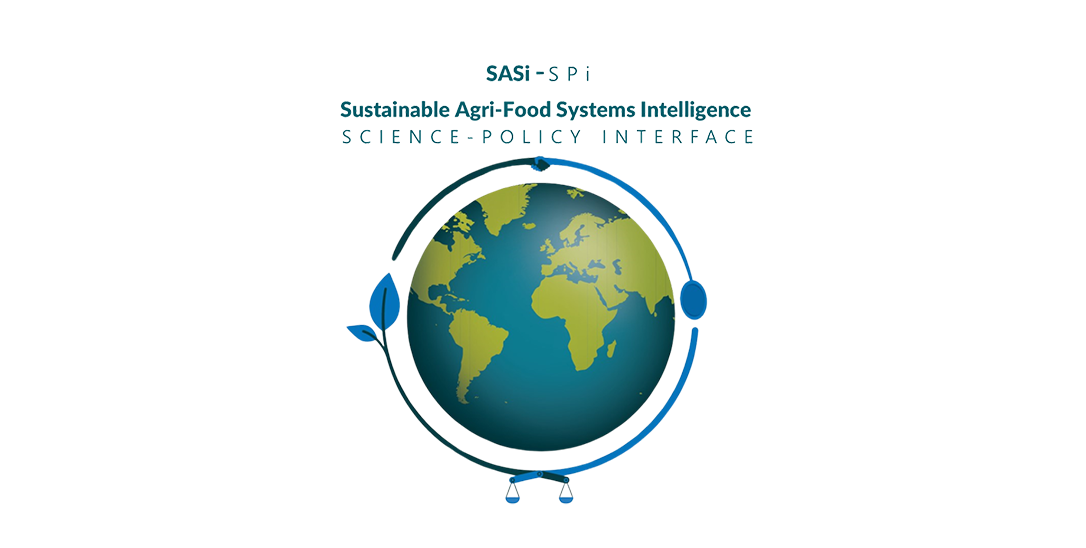
The Sustainable Agri-Food System Intelligence – Science-Policy Interface (SASI-SPi)
The Sustainable Agri-Food System Intelligence – Science–Policy Interface (SASi-SPi) project is a five-year initiative launched in 2023 with funding from the European Union.
SASi-SPi builds on the Food Systems Assessment Initiative (FSA) jointly launched by the European Union (EU), the Food and Agriculture Organization of the United Nations (FAO), and the French Agricultural Research Centre for International Development (CIRAD).
Our project delivers rapid, demand-driven intelligence for the European Commission, alongside thematic studies, targeted collaborative work to support the sustainable transformation of food systems in three pilot countries – Colombia, Sierra Leone, and Bhutan – and communication for development activities.
Given the complexity and dynamic nature of agri-food systems, strong emphasis is placed on a participatory and inclusive science–policy interface. Research insights from multiple disciplines, perspectives, and stakeholder groups are brought together to foster dialogue and mutual learning, creating space for the uptake and effective use of high-quality, policy-relevant evidence.
Central to the SASi-SPi modus operandi is an integrated and adaptive approach that evolves over time. This approach provides a shared foundation for collaboration across SASi-SPi teams and supports co-creation processes valued by the diverse range of stakeholders contributing to the EU’s sustainable food systems objectives under the Global Gateway Initiative.
SASi-SPi is led by the Swedish University of Agricultural Sciences (SLU), in partnership with CIRAD, ICRA, the Instituto Superior de Agronomia of the University of Lisbon, and the FAO Investment Centre.
Contact
-
PersonKonstantinos Karantininis, ProfessorDepartment of People and Society